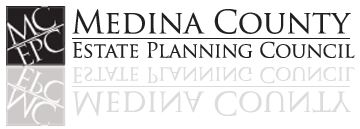The Impostor Syndrome
To register RSVP to Mark Shupe by April 26th
Ms. Zappala will teach simple strategies to help professionals arrest self-doubts so they can be fully confident of their ability. They can enjoy the freedom that comes with knowing they’re making a great positive difference. It’s win-win for everyone. For the client, for the professional, and for the employer.
Many smart and accomplished people who are highly educated and influential still are plagued with a nagging feeling that they’re not genuinely smart. Many feel they don’t deserve their success. Some feel their accomplishments were the result of a clerical mistake, or some oversight, or even good alignment of the stars.
Since the success appears fluky, it probably cannot be repeated, and therefore failure seems inevitable. But that’s to be avoided at all costs, so the fear-of-shame-sufferer does all he can do to prevent that from happening.
The irony is that the work they do to prevent it is work they’ve been trained to do, or are gifted to do anyway. So what the world sees in confidence and competence. But what the individual feels is usually fear and even exhaustion.
In the professional world of CPAs, Financial Planners and lawyers this experience is powerful for two primary reasons.
- There’s a colossal amount of “technical” knowledge to learn and master. Regulations, practices, case studies, law, changing stock market scenarios, etc. The pressure to stay on top of it can be overwhelming, and can make experts feel substandard, especially when they compare themselves to someone who “appears” to have more knowledge.
- Every day is different, unscripted and uncertain. You deal with a changing economy, capricious experts, unpredictable peers, emotional clients and complicated circumstances. Striving to flawlessly protect assets and impart calm to nervous families can make even the best experts feel a bit unsure of some of their recommendations.

